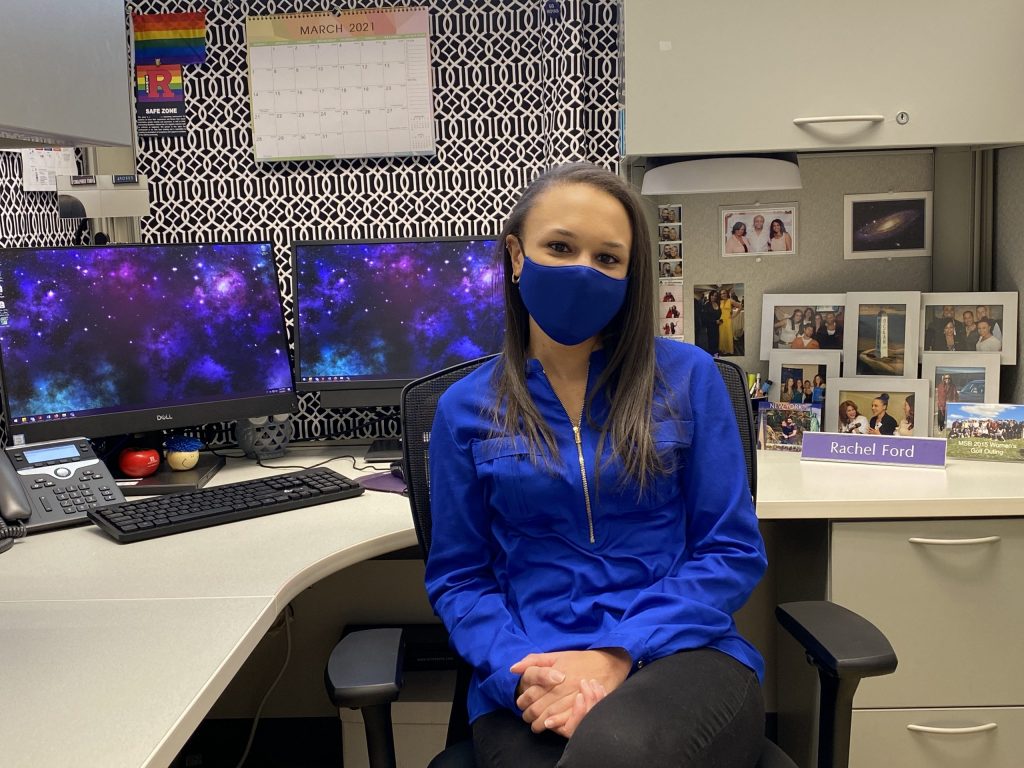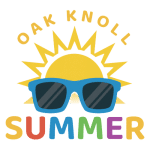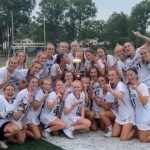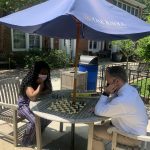Rachel Ford ’09 Tackles COVID-19, Other Global Health Issues

Rachel Ford ’09, Research Associate at The New Jersey Medical School Clinical Research Center at Rutgers University.
When Rachel Ford ’09 of South Orange, NJ, was 5, she dreamed of becoming a heart surgeon. When she was 10, she wanted to be a hematologist, and as a teenager, she carried around a physician’s pocket drug reference card in her purse.
A career in medicine was always on Ford’s mind, throughout high school at Oak Knoll School, then as a pre-medicine major at Georgetown University.
During her sophomore year in college, Ford enrolled in a biology of global health class where she learned about the impact that infectious diseases like malaria and Ebola had on communities.
“We worked on a project in this class where we pretended to be members of Congress and had to convince them why the U.S. should allocate funds for malaria prevention in Africa,” said Ford. “Unlike most of my peers, I thought this project was a blast and it was here that I realized I liked the public health aspect of medicine much more than the clinical side.”
Ford’s love for studying epidemiology prompted her to earn a master’s in public health with a concentration in epidemiology from The Rutgers School of Public Health, where she graduated this past May.
In an ironic twist of fate, she graduated while a new, infectious disease (COVID-19) was spreading like wildfire throughout the New Jersey/New York City area.
“At the height of the pandemic, I was locked in my house trying to finish up my practicum – about mapping cases of tuberculous in Essex and Union counties by using GIS (Geographic Information Systems),” said Ford. “While I was focused on graduating on time, most students and our public health professors were side-tracked by this new public health crisis so at the beginning of COVID, it was topsy turvy for me.”
In October, Ford landed a full-time job as a Research Associate at The New Jersey Medical School Clinical Research Center at Rutgers University, where she works today.
Here, Ford’s department and colleagues are currently heavily focused on studies about HIV and COVID-19. In the past, her department has also studied influenza and Hepatitis.
As the COVID-19 vaccine trials unfolded, clinical research sites across the country – including The Rutgers NJ Medical School Clinical Research Center – were tasked with following participants who volunteered for the vaccine trials. Ford’s employer has been following Moderna vaccine trial recipients since September 2020.
Each day, Ford ensures that the Moderna vaccine trial documents including consent forms are up-to-date and that the patient’s rights are protected first and foremost.
She constantly reviews Moderna’s protocol sent to her department and ensures that documents are submitted to the University, institutional review, or ethics boards when necessary. Ford and colleagues follow all regulatory processes handed down from the Food and Drug Administration. Her department plans to follow the Moderna trial vaccine recipients for two years.
“We will be involved in this for quite some time as we begin to see how effective the Moderna vaccine continues to be,” said Ford, whose curiosity is a bonus in her profession.
In fact, Oak Knoll School fostered her inquisitiveness and general curiosity in science, two skills she said are at the forefront of her everyday work, as she does her part behind the scenes to battle COVID-19.
“I had a collaborative, dynamic education at Oak Knoll where we were not talked at by the teacher, but it was more of a dynamic experience that kept us engaged,” said Ford. “I think that by just being curious, it gets you halfway to where you need to go.”
While Ford is passionate about doing her part to battle the ongoing pandemic in her world, she is concerned about the rise of vaccine hesitancy.
“Companies can have perfect success in their COVID-19 vaccines, but if people don’t want to take the vaccines, we’re never going to achieve the protective herd immunity we need to get over this pandemic,” she said.
Ford said that clear and concise messaging to simplify things makes it easier for everyone to understand.
“A lot of this comes back to transparency because when people feel like things are hidden they tend to be mistrustful,” she said.
Messages, she said, about vaccine effectiveness, should not be one-size-fits-all.
“We need to tailor messages to overcome these barriers and to be able to bring in different communities to have more confidence in vaccinations because, without them, it would take an insanely long time to reach herd immunity,” she said.
For now, Ford puts her best foot forward every day at work, to ensure that she’s doing her part to best protect public health – and unknowingly setting the precedent along the way.
“I’m really passionate about public health, but what I do is very minor in the grand scheme of things,” said Ford. “I’m excited to be involved on any level to make a difference because we all want things to turn around.”






